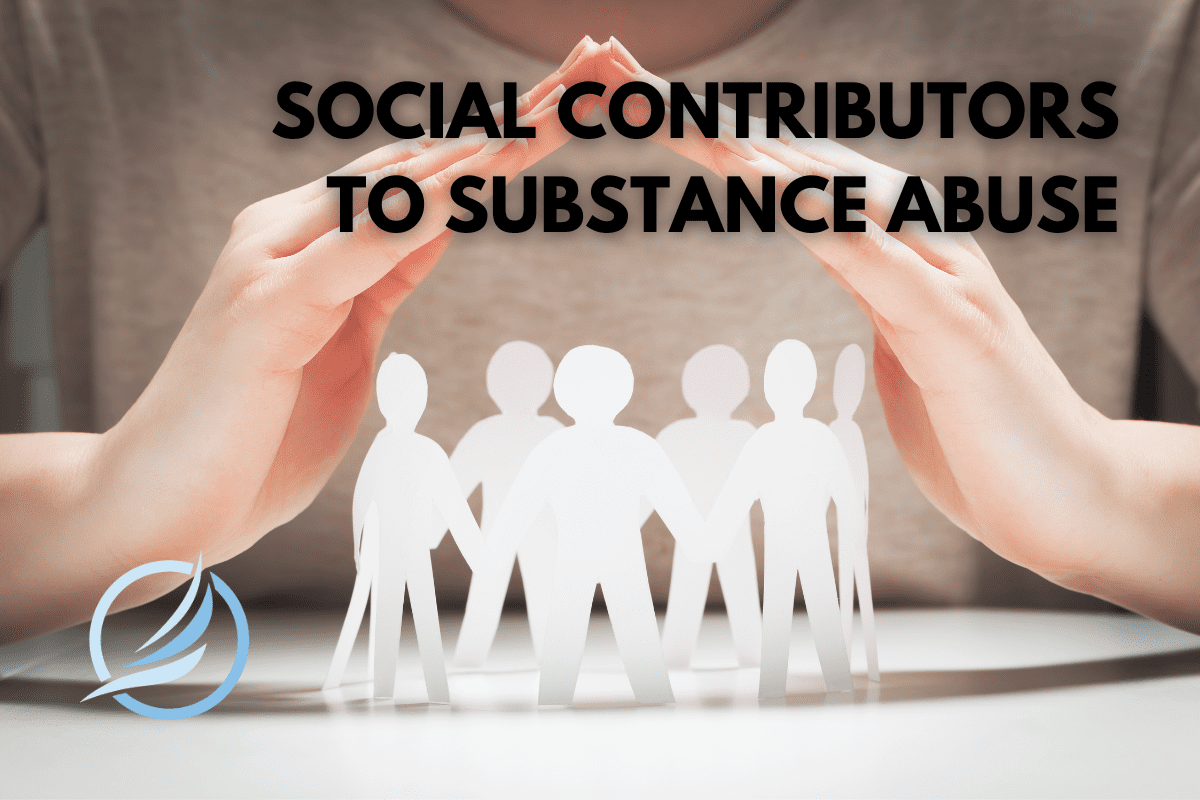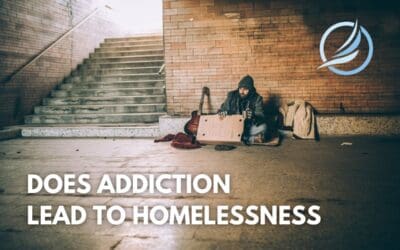We often think of addiction as a personal struggle, but did you know that our surroundings play a big part, too? There’s no single reason why someone might struggle with substance abuse. It’s a mix of many factors – including societal factors. At The Freedom Center, we believe in looking at the whole picture. By understanding these societal influences, we can better support those in their journey to recovery. Let’s dive into these factors and see how they shape the world of substance abuse.
1. Family Dynamics
Our family environment plays a crucial role in our lives, especially when it comes to the risk of substance abuse.
- Family History Matters: Studies have shown that a history of substance abuse in the family can significantly impact an individual’s likelihood of facing similar issues. This influence is a mix of genetic factors and the environment we grow up in.
- Parenting Styles and Their Effects: How parents interact with their children can leave lasting impressions. Overly strict or too lenient parenting styles can both contribute to an increased risk of substance abuse in children.
- Dealing with Family Stress: High levels of stress or conflict within the family are known to be potential triggers for substance use as coping mechanisms.
2. Peer Pressure
Peer pressure is a powerful force, especially when it comes to the behaviors and habits we adopt, including substance use.
- Influence of Friends and Peers: Our friends and the people we hang out with can significantly influence our choices. If substance use is common in these circles, individuals may feel pressured to participate to fit in or be accepted.
- Social Acceptance and Substance Use: The desire to be accepted or to belong to a group can drive individuals to engage in behaviors they otherwise wouldn’t consider, including substance abuse.
- The Age Factor: Peer pressure is particularly influential during adolescence and young adulthood, when many are more susceptible to external influences and making risky decisions.
3. Socioeconomic Status and Access to Substances
Socioeconomic factors play a significant role in substance abuse, affecting both access to substances and the likelihood of using them.
- Economic Hardship and Substance Use: Economic challenges can lead to increased stress and a higher likelihood of substance use as a coping mechanism.
- Accessibility of Substances: In some communities, particularly those facing economic difficulties, there might be easier access to illicit substances.
- Lack of Resources for Treatment: Lower socioeconomic status often means fewer resources and opportunities for seeking treatment, perpetuating a cycle of substance abuse.
4. Media and Cultural Portrayals of Drug Use
The media and cultural narratives around us play a significant role in shaping our perceptions and attitudes toward substance use.
- The Glamorization of Substance Use: Often, movies, TV shows, and music glamorize drug use, presenting it as a norm or even a desirable lifestyle choice, impacting how individuals, especially the young, perceive substance use.
- Social Media Influence: Social media platforms can also contribute to the normalization of substance abuse. The portrayal of drug use as glamorous or fun on these platforms can influence viewers’ attitudes and behaviors.
- Cultural Shifts and Trends: Cultural attitudes towards certain substances can change over time, influenced by media portrayals. This shift can lead to increased social acceptance and usage of these substances.
5. Policy and Legislation
Government policies and legislation significantly influence the landscape of substance abuse, affecting both the availability of substances and the resources for treatment.
- Drug Laws and Substance Accessibility: Strict drug laws can sometimes inadvertently increase the demand for illegal substances. Conversely, legalization and decriminalization of certain substances can change their usage patterns in society.
- Impact of Healthcare Policies: Healthcare policies significantly affect access to addiction treatment and support services. Lack of adequate healthcare coverage can be a barrier to seeking treatment for substance abuse.
- Prevention and Education Programs: Government-funded prevention and education programs are crucial in reducing substance abuse rates, but their effectiveness often depends on the policies and resources allocated to them.
6. The Digital Landscape
The digital age has brought about new challenges and dynamics in the realm of substance abuse.
- Online Access to Substances: The internet has made it easier to access various substances, legally and illegally. This increased accessibility can contribute to higher rates of substance use.
- Influence of Online Communities: Online communities and forums can either encourage substance use or provide support for those seeking to overcome addiction. The role of these digital spaces in shaping attitudes towards drugs is significant.
- Digital Media and Drug Promotion: Digital platforms can also be used for the promotion of substances, often targeting younger audiences who are more susceptible to these messages.
Navigating the Societal Landscape of Substance Abuse
As we’ve explored the various societal factors contributing to substance abuse, it becomes clear that this issue is far more complex than individual choices alone. From family dynamics and peer pressure to the influence of media and the digital age, multiple layers contribute to the development and persistence of substance abuse.
At The Freedom Center, our approach to addiction treatment considers these societal factors, ensuring comprehensive care and support for individuals on their journey to recovery. Understanding these contributors to substance abuse is the first step in creating a more informed, empathetic, and effective response to this pervasive issue.

































